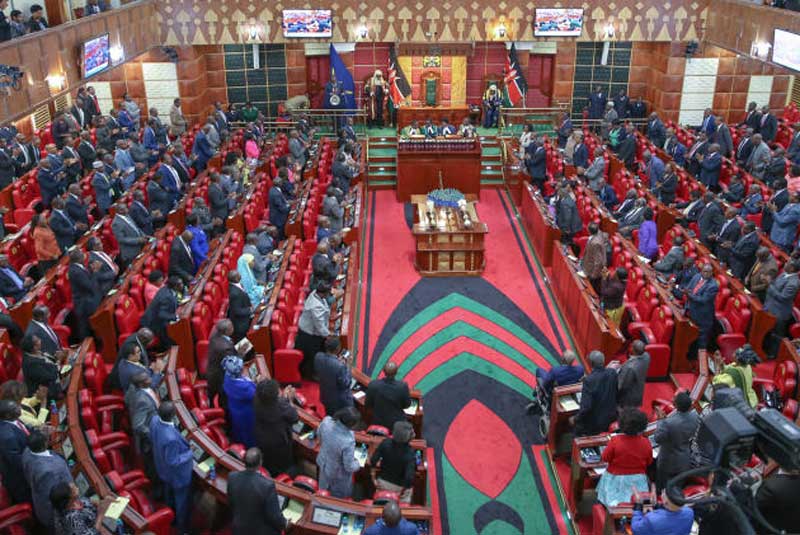×
The Standard e-Paper
Smart Minds Choose Us

Disorder cannot be permanent but it leaves permanent scars. Kenyans and their leaders have had to learn this the hard way.
From the mess in the transport sector, the unending land disputes, the mess in the education system, corruption and its effects on the limping agricultural sector, all because dishonesty is tolerated and fraud has become our political culture.